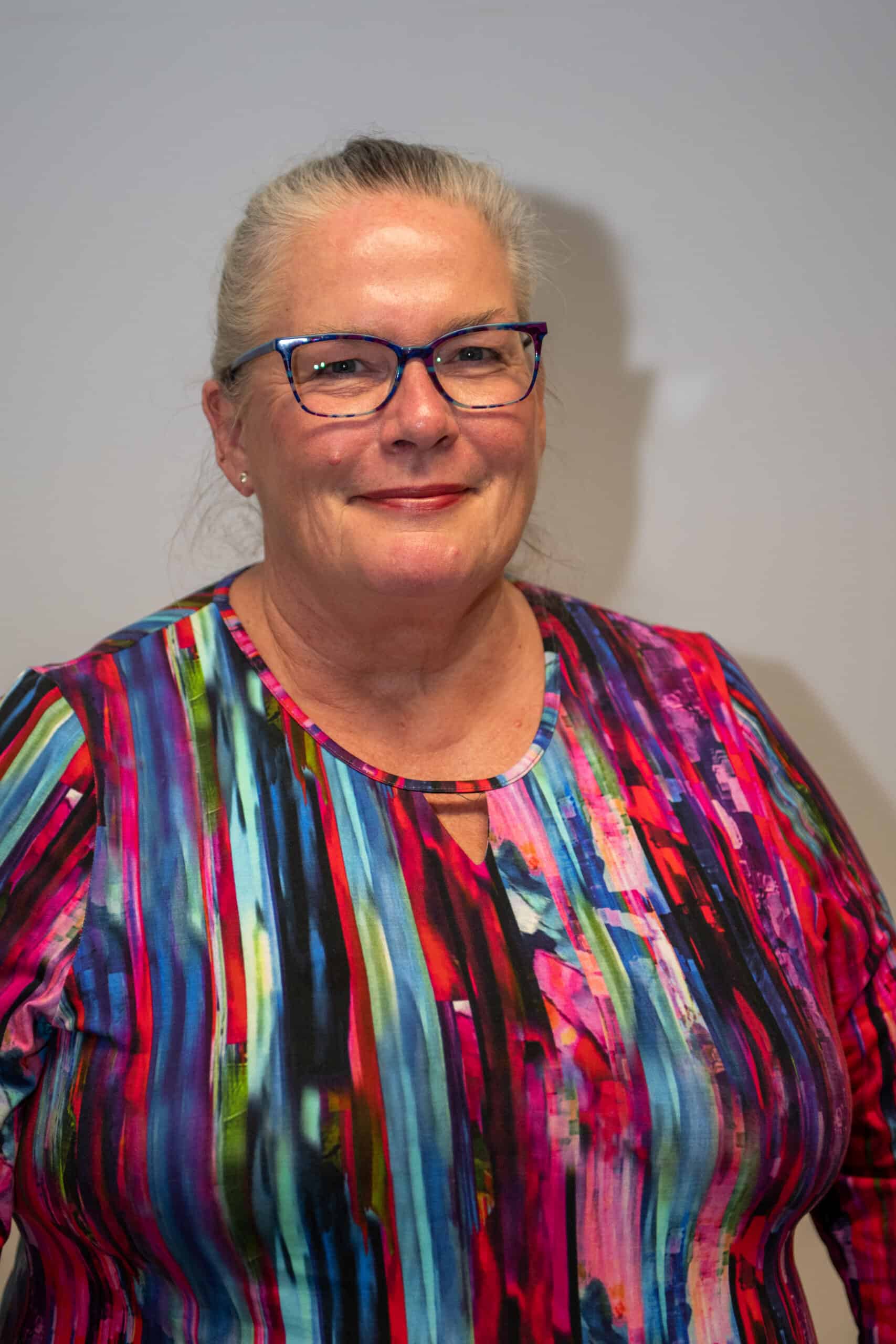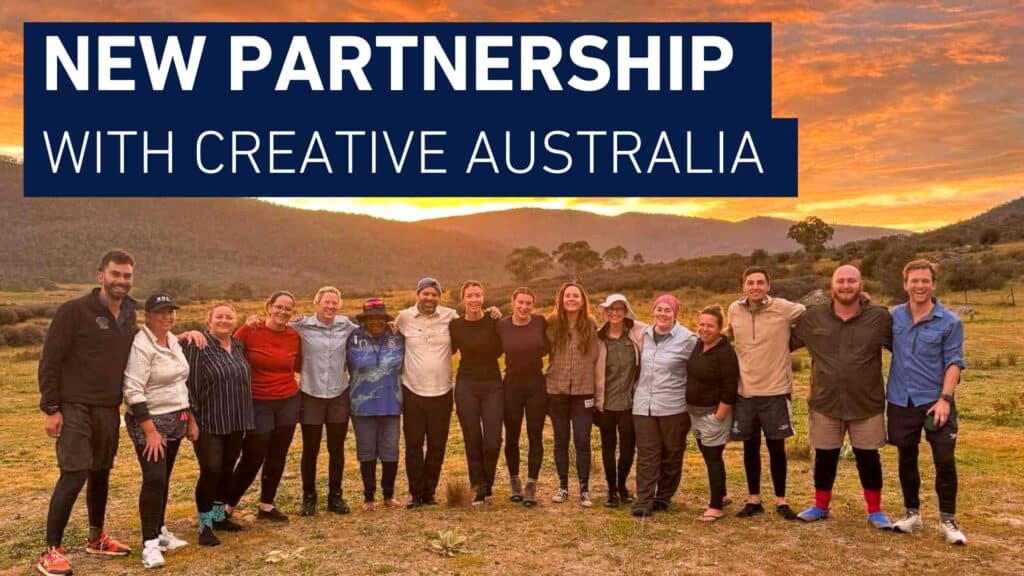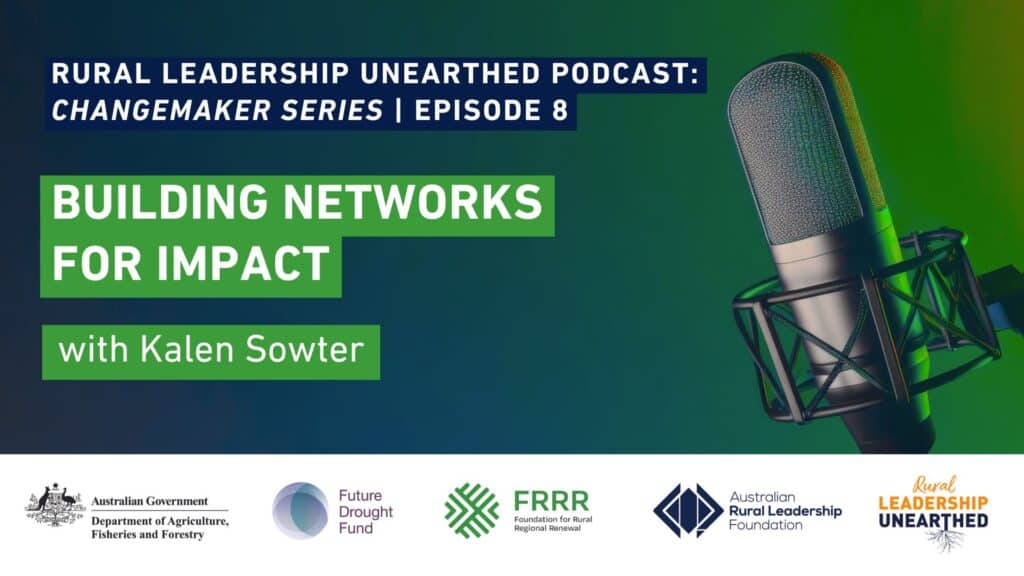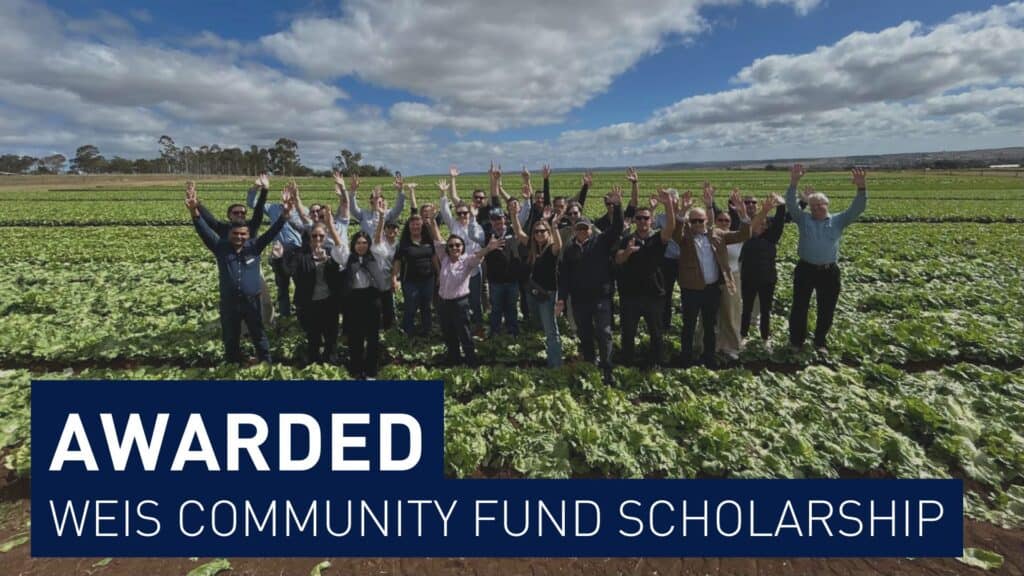Ellen Nightingale says ‘yes, I was a nurse when I was younger,’ with the weariness of someone who has been responding to predictable questions about her name for a very long time. As it turns out, nursing isn’t the only thing Ellen has in common with Florence Nightingale. Both women believe in the power of building trust and having a community presence—and they both love a bit of data analysis.
Ellen runs Kalbarri Quadbike Safaris with her husband, Martin Rodger. She’s also an active community member who participated in the Midwest Coastal WA LARC program. With experience in leadership and management in the NGO sector and small business, Ellen came to LARC with a specific community-based interest.
Heartbreaking destruction
When Hurricane Seroja made landfall in Kalbarri WA as a Category 3 severe tropical cyclone, it left destruction in its wake. Seroja damaged about 70% of the buildings in Kalbarri and left thousands of people without power. Even now, despite significant recovery and rebuilding efforts over two years, the damage is still evident.
When it comes to emergency management, WA’s Midwest is prepared for fires and floods, but cyclones are outside of their usual remit. Despite almighty efforts by the Shire and the SES, there was a feeling in the community that strong, integrated leadership was lacking throughout the crisis.
‘There was a lack of cohesiveness—no overarching strategy. There were issues with clear dissemination of information and the nearest emergency shelter was [and still is] 250km away.’
When Ellen arrived at the Midwest Future Forum, she was keen to understand more about the differences between leadership in a community and leadership in an organisation. More specifically, she wanted to know what sparks leadership in a community with limited delegated authority.
‘Kalbarri has experienced the destructive impacts of Cyclone Seroja—and leadership is essential to our recovery and renewal efforts,’ Ellen says.
Inclusive data collection
As Secretary of the Midwest Chamber of Commerce Kalbarri subcommittee, Ellen took members of the business community through a SWOT analysis in 2022. As she and her husband (who holds a PhD in qualitative methodology) analysed the data, it occurred to Ellen that casting a wider net would result in richer data. ‘It didn’t seem right that we were only hearing from the business owners—we need input from across the community,’ Ellen explained.
Imagine the future
The LARC Future Forum and Ellen’s Community Action Initiative acted as the catalyst for what promises to be a powerful tool for Kalbarri. Together with the Kalbarri Development Association, Ellen set out to deliberately engage with representatives from each of the 36 community groups in town. She turned up at Board meetings and brought participants through the SWOT process—just like she had done with the business community.
Ellen’s focus question—What do you imagine for the future of Kalbarri? Sparked some incredible conversations. Thanks to the structure of the SWOT framework, Ellen ended up with rich input from 200 community members.
The data revealed consistent themes, most notably that many of Kalbarri’s 1500 residents wish there was more of a sense of community in the town. Of course, they all recognise that tourists (and their dollars) are essential to the success of the town. But many residents expressed a desire to be part of a community ‘just for them’.
‘Building a stronger sense of community in Kalbarri will make everything work better. It’s clear from the data that many residents have a sense of what will improve their community and their own lives.’
The LARC program was the catalyst for Ellen’s new understanding of leadership within a community. With a clear understanding of what residents need, the Kalbarri Development Association is now in a good position to take on a stronger leadership role in the wider community.
Seeking out and amplifying a range of community voices is a powerful unifier, and organisations across Kalbarri are keen to get their hands on the data.
A strong network for change
‘I can see a network now—and people are tired of working in silos,’ Ellen says. ‘This is the value of community engagement. When this work is left to consultants, community members can feel detached or cynical about the process. In this case, the value of being asked—and of seeing their own engage with the process—cannot be underestimated’.
Florence Nightingale was passionate about the need for nurses to build trusting relationships with her patients. Ellen Nightingale’s modus operandi is much the same. Collaborative, inclusive leadership—executed alongside the community—is a powerful catalyst for cohesiveness.
Ellen’s research shows a lot of commonalities within the community in Kalbarri. And with a clear vision of what the residents want, the stage is set for the right leaders to step in and bring the community’s ideas to life.





